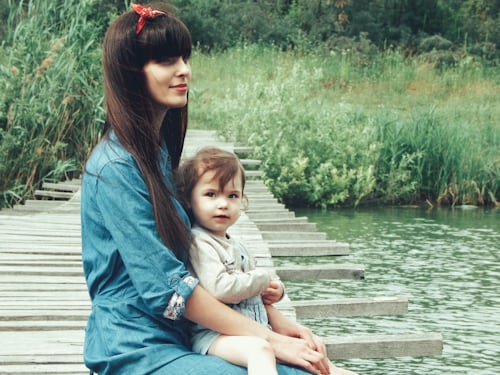School Speech Isn’t Working

Maybe your kiddo is in school-based speech therapy. Maybe you’re frustrated because there are only a few months left of school and you haven’t seen a lot of improvement in her speech and language skills. You’re thinking that it’s time to switch to private speech therapy. But before you make that decision, what’s the difference between the two? Is there anything you need to know about school based speech therapy before you make any changes?
Getting School-Based Speech Therapy

It’s up to your kiddo’s teacher to give a recommendation for speech therapy before a speech therapist is contacted. But to get to that point there are several steps involved. First, your child must be three years old and above before they are even eligible for speech therapy. Second, a teacher must determine that speech and language problems are affecting your child’s education. Typically your kiddo would have to be severely delayed before any thoughts of speech therapy are entertained. The next hurdle is that the teacher must try everything to help your kiddo, all available supports and accommodations. If your kiddo’s speech and language issues still impedes her ability to learn, it is then and only then that her teacher recommend a school speech therapist.
School Group Therapy

School speech therapists (or SLPs) will often see kids in groups, as many as 3-5 at a time. This makes it hard for kids who need added behavioral support to get it. This model is also a disadvantage for kiddos who have apraxia or other articulation disorders, who need intensive practice. Another aspect to consider is that parents rarely ever see the speech therapist, usually only once or twice a year at IEP meetings.
School Therapy Pros

School based therapy is not without its benefits. One of the best things about school based therapy is that it’s free. Although students get pulled out of class by SLPs they are still at school, their natural environment. Finally, putting kids into groups allows those kids who struggle with social cues and norms to practice their social skills.
What makes private speech therapy different?
Getting Private Speech Therapy

Private speech therapy falls in the medical realm, so those who need speech therapy have to have a medical need. It also has to be a medical need that affects daily living. However, private therapy has more wiggle room when it comes to accepting kiddos for speech therapy. Kiddos don’t have to be severely delayed before they can start accepting private speech therapy. And yet, kiddos still have to perform below the normal range.
Pros To Private Speech Therapy

Typically in a private clinic (office, hospital, etc.), therapists only see one kiddo at a time. This way kiddos can get more direct and individualized support. Parents (or caregivers) are welcome to be as involved as they’d like to be. They can even sit in during the session. Therapists talk freely and often with parents, perhaps to ask how they think therapy is going. Parents have the opportunity to see what they can do at home to practice the skills being taught. Another plus is that there are no age restrictions, so very early intervention is possible. Of course, group therapy is still possible in private care, especially when it comes to social skills or feeding therapy.
Private Therapy Cons
Another thing to consider about private therapy is that it isn’t free. Caregivers need insurance or they can pay out of pocket. Also, private therapy pulls the child out of school, and it doesn’t take place during school hours.
It’s Your Choice

In the end, the choice is up to you whether you want to go with school-based speech therapy, private therapy…or both. Any way you choose to go, some help is light years better than none. Early intervention is best. And from my own experience, school therapy paired with private therapy results in the most improvement in the shortest amount of time.
